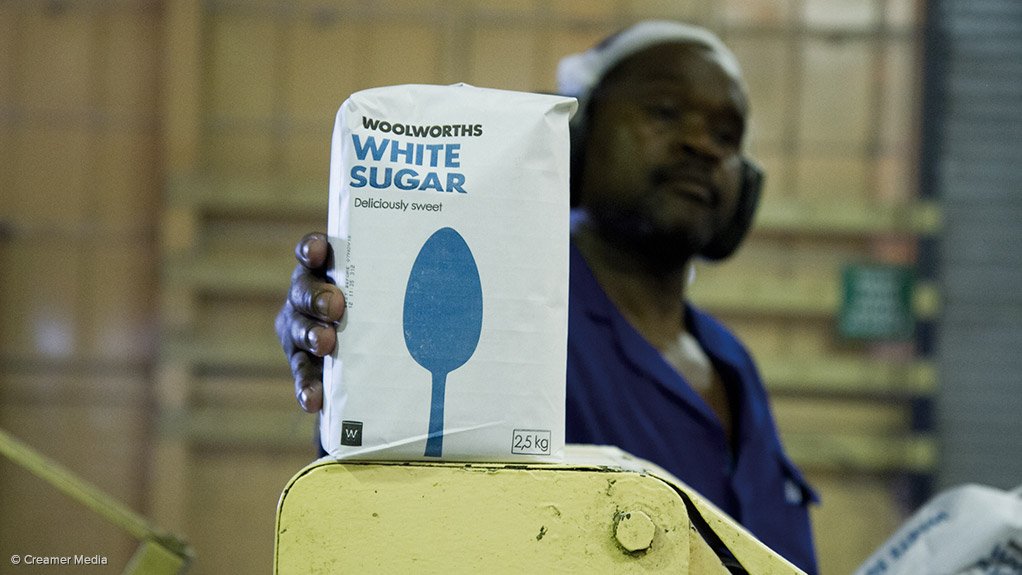Proposed regulations by the Department of Health have driven manufacturers back to sugar while the search is on for new, more natural sweeteners, creating uncertainty in the nonnutritive sweetener segment, which could affect profits.
This was according to Frost & Sullivan Chemicals, Materials and Food senior industry analyst Carolyn Krynauw, who noted in a statement on Wednesday that while the sugar-free trend had led to an increase in the use of nonnutritive sweeteners in South Africa, government was looking to limit the dependence of the food and beverage industry on such sweeteners.
As such, global consultancy firm Frost & Sullivan, which released its report ‘Analysis of the South African Food Sweetener Market’ this month, stated that South Africa’s food sweetener market, which included sugar, polyols and nonnutritive sweeteners, was at a crucial inflection point in its growth trajectory.
The analysis, which provided metrics for the South African sweetener market up to 2019, said the overall market was expected to stabilise as manufacturers struck a balance between sugar and nonnutritive sweeteners, substituted sugar with natural replacement products that had a similar flavour profile, or reverted to basic nutritive sweeteners, such as honey and syrup, as alternatives.
“In this scenario, business diversification and geographic expansion become crucial,” advised Krynauw, highlighting that diverting sugar towards industrial consumption, such as the ethanol blending sector, or tapping into the East or West African markets, would boost margins and serve South African manufacturers well in the long run.
The market was currently dominated by sugar, when analysed in terms of volume, and sugar consumption continued to grow in line with the country’s gross domestic product and population expansion.
However, South Africa’s sugar production was slower than the rest of Africa and was set to decline. Although, the country’s production capacity was still more than what was currently needed for the domestic market, providing scope for export.
“The demand for sugar, at present, remains steady as consumers favour the sweet taste that it provides,” added Krynauw.
But, sugar could still slowly lose ground to sugar substitutes, especially nonnutritive sweeteners, in South Africa owing to health concerns, such as obesity and noncommunicable diseases.
EMAIL THIS ARTICLE SAVE THIS ARTICLE
To subscribe email subscriptions@creamermedia.co.za or click here
To advertise email advertising@creamermedia.co.za or click here











